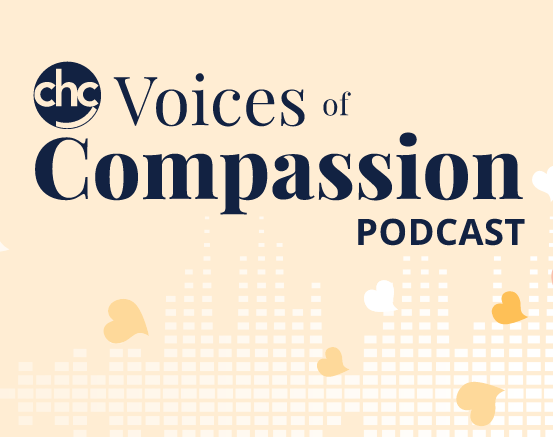Commentary: During the COVID-19 Pandemic, Society Has Turned Its Back on Mothers
 Burnout among parents, in particular moms, has been a defining principle of this global disaster. Clinical-level burnout is defined by a triad of symptoms: exhaustion, a sense of futility and difficulty maintaining personal connections.
Burnout among parents, in particular moms, has been a defining principle of this global disaster. Clinical-level burnout is defined by a triad of symptoms: exhaustion, a sense of futility and difficulty maintaining personal connections.
Pooja , a psychiatrist specializing in women’s mental health, writes about mothers she has treated during the pandemic who fight through decision fatigue, rage and a feeling of powerlessness every day.
To get another perspective on burnout, Lakshmin spoke to Dr. Wendy Dean, a psychiatrist who has dedicated her career to fighting moral injury in physicians, which is the concept that systemic problems in the medical industry prevent doctors from doing what they know is right for their patients. Dean said what working moms are facing is not identical but is similar and a consequence of “our society’s decision to pursue profit at all cost.”
The crushing toll on working mothers’ mental health reflects a level of societal betrayal, according to Dean.
So what can you do?
Recognize that these problems are systemic.
A critical first step is to remind yourself that the reason you feel guilty, apathetic and exhausted during this worldwide crisis is due to choices that were made by people other than yourself. You can’t remedy a lack of national pandemic policy or the failure of employers to effectively support families. Nine times out of 10, the solution is a family friendly socio-economic policy that has yet to materialize in the United States.
Let go of the “right” choice trap.
When it comes to pandemic decision-making, there is no perfect choice: “If I were a better mom, I’d know if it’s worth keeping my toddler in preschool while I’m pregnant,” my patients think. The relentless need to find the perfect solution offers the illusion of control.
When you find yourself mentally spinning in this way, recognize that you have a choice in how you react to and engage with your thoughts.
Cut out everything extra.
Adding more tasks, even “self-care,” to your to-do list is not a panacea for burnout. In some cases, it may in fact be a recipe for a higher mental load — the invisible labor that goes along with managing a household — and even more guilt when you feel that you failed.
Watch how you talk to yourself.
It is not uncommon for my patients to say things like, “I should be doing more.” It’s one way that women have internalized a culture that demands they bear the brunt of caregiving while simultaneously devaluing that job.
When it comes to dealing with such widespread social betrayal, talking to yourself with kindness helps you remember that you are not to blame for this mess.
Invest the little time you have in what feeds you.
Lucia Ciciolla, a researcher and assistant professor of psychology at Oklahoma State University, has found that there are four important factors that align with well-being for moms: satisfaction with friendships, authenticity, feeling seen and loved, and feeling comforted. Nurturing authenticity in life partnerships, friendships and family ties can lessen the intensity of burnout.
Channel your rage proactively.
While it sometimes feels like just another burden to speak up or push for support at work, making your frustration known can help you feel better.
In the end, there is no simple solution for the massive societal betrayal that working moms have experienced over the past year; to pretend so would add insult to injury. My hope is that by recognizing the systemic nature of the problem, mothers can break free of guilt and stress that they don’t deserve.
Excerpted from “Commentary: During the COVID-19 Pandemic, Society Has Turned Its Back on Mothers” in the Chicago Tribune. Read the full article online.
Source: The Chicago Tribune | Commentary: During the COVID-19 Pandemic, Society Has Turned Its Back on Mothers, https://www.chicagotribune.com/opinion/ct-aud-nw-nyt-society-turns-back-on-moms-20210207-ghkkymnv2bdedezucnwanv72ue-story.html | Copyright © 2021 The New York Times Company
A screening can help you determine if you or someone you care about should contact a mental health professional. CHC teletherapy services are available now. Call or email our Care Managers at 650.688.3625 or careteam@chconline.org to set up a free 30-minute consultation appointment.





